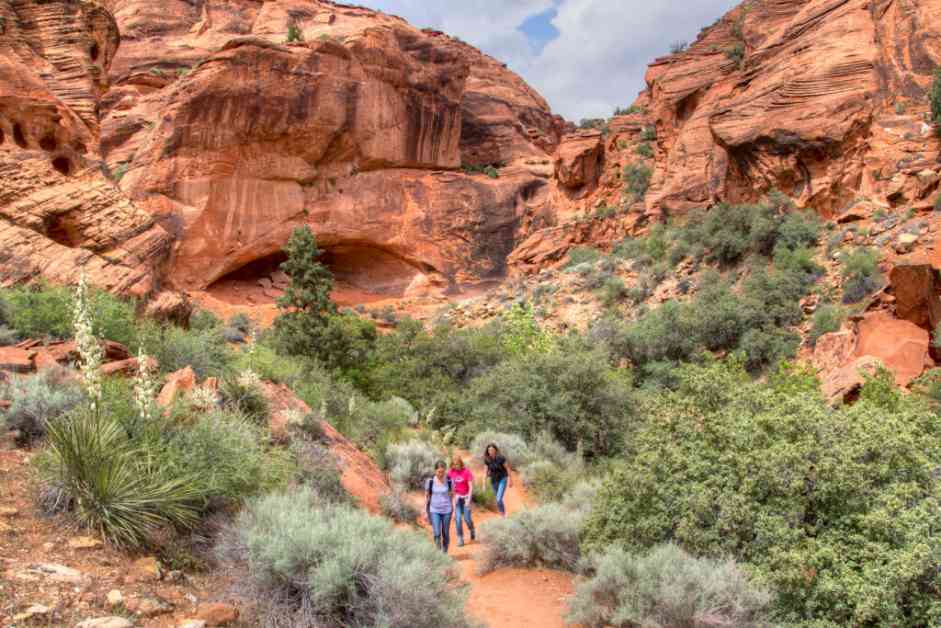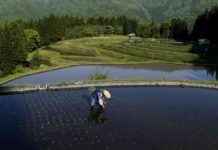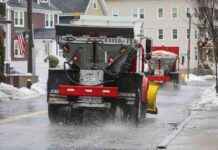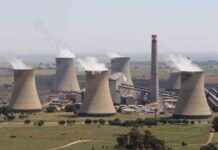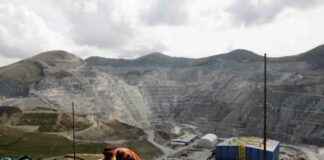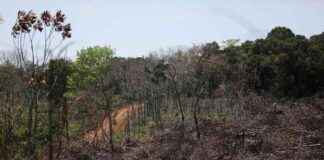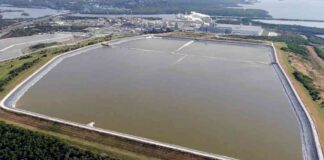The latest “Conservation in the West Poll” by Colorado College reveals a significant shift in public sentiment towards conservation over oil and gas development in the Western United States. With oil and gas production at an all-time high, 72 percent of respondents from eight Western states expressed a preference for protecting clean air, water, and wildlife habitat while promoting outdoor recreation, as opposed to prioritizing public land for drilling.
This two-percent increase from the previous year’s poll underscores a growing trend towards conservation, with only 24 percent of participants showing interest in expanded oil and gas drilling on public lands. The 48-point margin in favor of conservation represents the highest level of support in the poll’s fifteen-year history. According to Katrina Miller-Stevens, an associate professor at Colorado College, the consensus for public lands conservation remains robust and unwavering in the West. This sentiment transcends political ideologies, as voters from across the spectrum unite in their backing for conservation efforts.
Survey Methodology and Political Landscape
To compile these findings, Colorado College collaborated with Republican pollster Lori Weigel of New Bridge Strategy and Democratic pollster Dave Metz of Fairbank, Maslin, Maullin, Metz & Associates, surveying 3,316 respondents across the eight Western states. The majority of participants identified as politically conservative or independent, with nearly 40 percent expressing support for President Donald Trump’s “Make America Great Again” platform. The William and Flora Hewlett Foundation funded the poll, ensuring a diverse representation of voices from Arizona, Colorado, Idaho, Nevada, New Mexico, Montana, Utah, and Wyoming.
These results emerge against a backdrop of heightened political discourse surrounding public lands management. Recent actions by the Trump administration, including the dismissal of over 5,400 employees from the departments of the Interior and Agriculture, have sparked controversy and drawn attention to the administration’s proclivity towards industry ties. With key federal agencies overseeing public lands now led by individuals with close connections to the oil and gas sector, concerns have been raised about the prioritization of development over conservation.
Public Opinion and Climate Action
The poll’s findings also shed light on Westerners’ attitudes towards climate change and land conservation. Nearly three-quarters of respondents expressed support for federal initiatives combating climate change, with varying levels of approval across different states. While New Mexico exhibited strong backing for climate action, Wyoming, where support for President Trump’s agenda is highest, demonstrated a more divided stance on the issue.
Furthermore, the majority of Westerners expressed a desire to maintain national monument designations established in the past decade, highlighting the significance of preserving protected areas. Other measures such as conservation easements for private landowners, nature-based solutions for water quality enhancement, and controlled burns for wildfire prevention garnered widespread support, emphasizing the importance of sustainable land management practices.
As a new administration sets a different course for public lands, it is essential for policymakers to heed the preferences of Western constituents to avoid potential backlash. Rachael Hamby, policy director at the Center for Western Priorities, emphasized the consequences of straying from public sentiment, noting that elected officials must be accountable to their voters.
In a time of evolving environmental priorities and changing political landscapes, the voices of Westerners advocating for conservation and climate action serve as a poignant reminder of the intrinsic value of public lands. By aligning policy decisions with the desires of the people they represent, lawmakers can ensure the preservation and sustainable management of these vital natural resources for generations to come.

